Republished from the Brandon Sun print edition Aug. 6. 2016
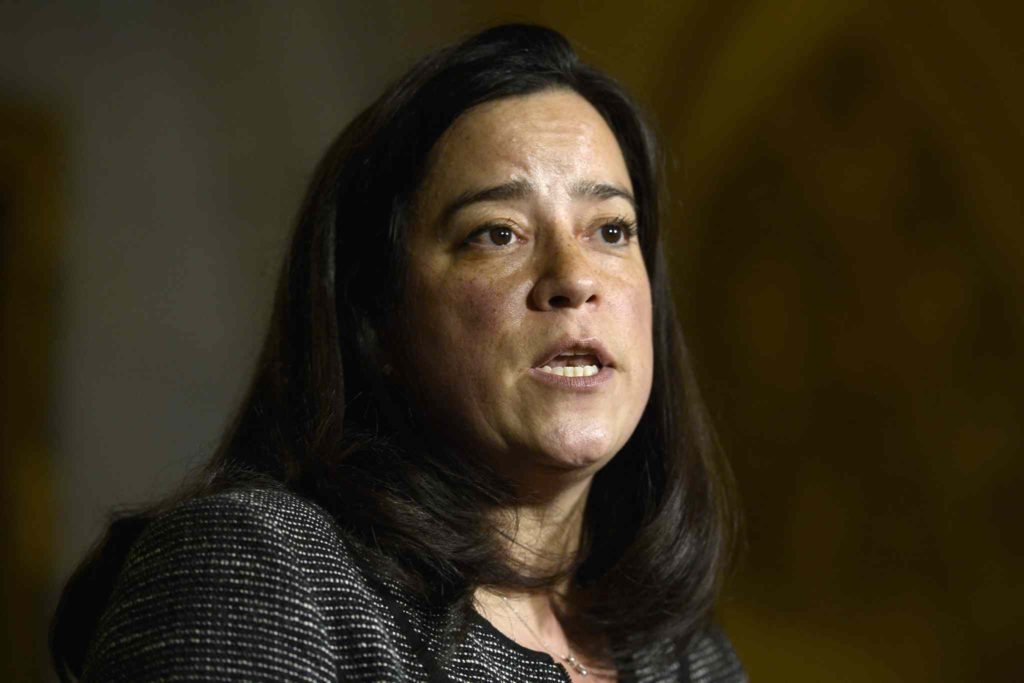
It may have taken more time than many had hoped, but the Liberals are doing what they promised. A panel of commissioners are in place to move forward on the national inquiry into missing and murdered indigenous women in this country.
There has been an appetite in Canada for some time to examine why there was — and continues to be — a disproportionate number of MMIW. The need for answers eclipsed the previous government and was long considered a sticking point for former prime minister Stephen Harper. For most of his government’s final term in office, there was an outright refusal to budge on the issue, with the Prime Minister’s Office noting that resources would be better allocated elsewhere by seeking justice for those who were seen as the cause of the epidemic.
By staying true to the nature of the need though, the Liberals have positioned commissioners with the ability to call on witnesses and draw testimony from that call. They also will have the ability to seek out guidance from members of indigenous leadership to help delve down to the issues being faced by so many people in First Nations communities, as well as in other centres.
The ability to move forward on the inquiry will not come without its challenges, though. The essence of the work given to the panel is to seek out the “root causes” for violence toward indigenous women, and not so much the prevailing question of police conduct in the face of these disproportionate numbers. Many within both the indigenous community and elsewhere have long believed the need was palpable to look into alternative policing strategies as part of the overall review.
Now to be fair, police agencies have already expressed their support for the inquiry and the willingness to participate wherever necessary. The inquiry could have been so much more thorough if there was an element of review for the practices of police forces nationwide. It also could have provided a better snapshot as to the needs both on reserves and elsewhere based on the structures of policing in both locations.
Surely with their work, the commission will come across cases that require review by law enforcement officials. Furthermore, police forces nationwide are likely to co-operate with the needs of the commission but have stopped short on noting they would reopen cold case files. In absence of that level of co-operation, there will forever be an element of unfinished business on this key point.
Not having a review of conduct also flies in the face of much of the consultation undertaken by the various stakeholders in putting together the process. Police are clearly not directly to blame for the root causes of violence against indigenous women, but the effect of law enforcement on the Canadian reserve system has been evident for some time. Law enforcement involvement spans generations of indigenous people, and by not examining how better to serve the future needs, the commission will essentially be doing Canadians a disservice.
There is also a belief that without the ability to enact real change in Canadian indigenous affairs, as well as portfolios like justice and policing, the resulting report may lack the teeth to have a concrete effect. Or perhaps the government fears making enemies when it comes to police forces and their involvement in so many of these cases — but questions still require answers.
I have and always will support our police services across this country and believe they do a tremendous job in providing for Canadians; but even they, like all of us, could learn from what the commission may come up with on this tremendously important issue.
Policing aside, it was refreshing to see party politics take a step back on the inquiry. The Tories did an about-face by supporting the inquiry provided there is what they deem “tangible results” and costs remain in line. It is a far cry from the outright no given by the previous Conservative government and was widely respected by the entire house as Conservative MP Cathy McLeod delivered her party’s support.
There is a hope that the Liberals will find the answers Canadians seek, and together as a nation we can move forward on a palpable solution. It should not come though at the expense of the report having an asterisk next to a less-than-complete picture of the need.
More than 1,200 voices were silenced prematurely. It is one of the single greatest tragedies in our country’s history. The initial scope of the work may be too narrow, but at least our government has done the right thing in choosing to finally listen, learn and seek answers on a tragedy of such epidemic proportions.
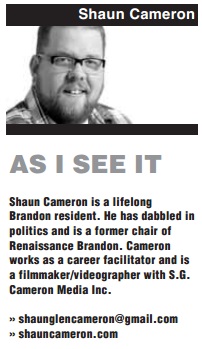
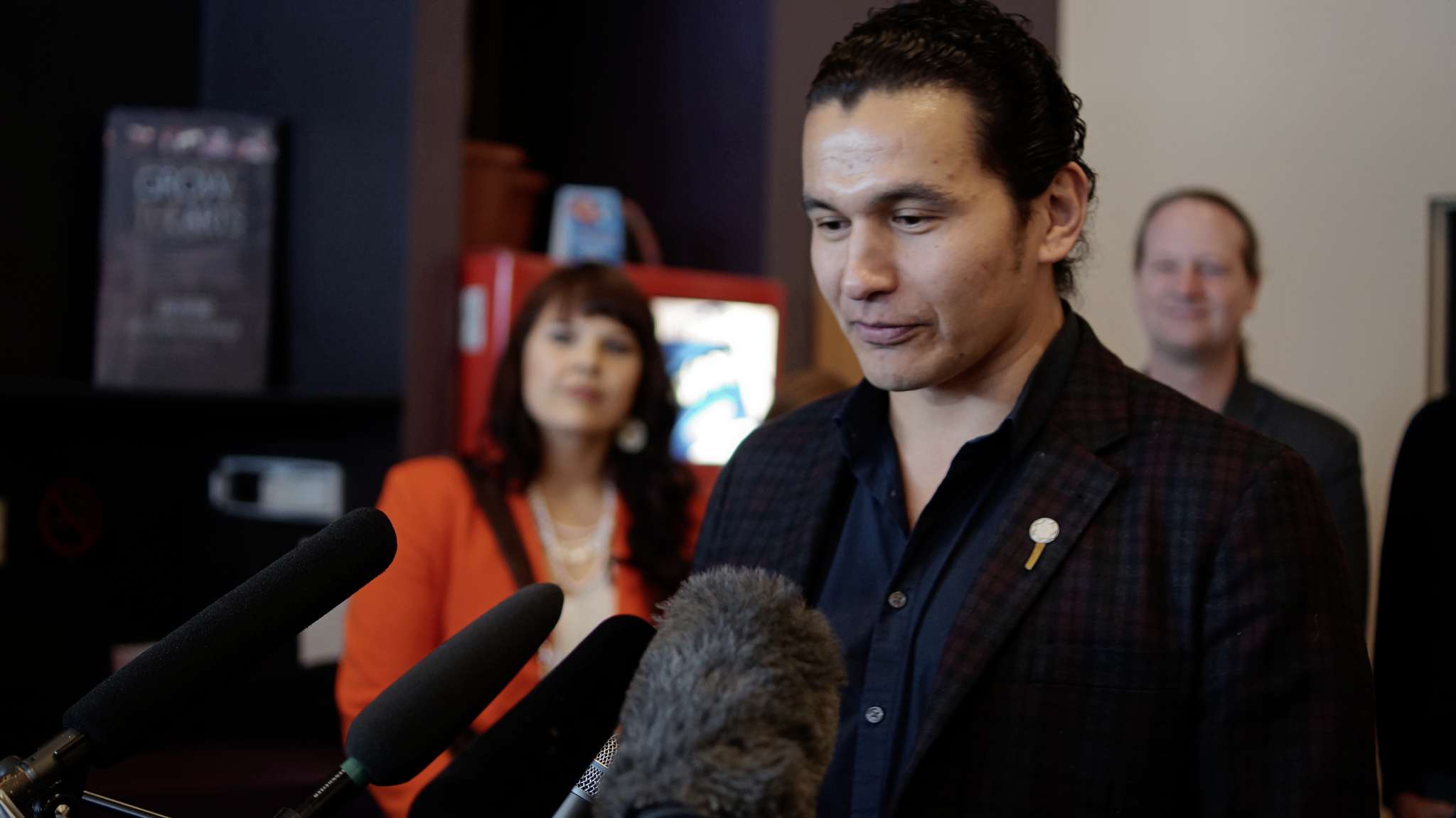
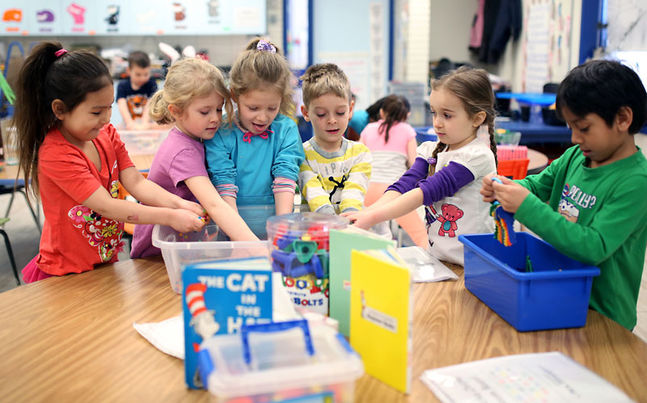
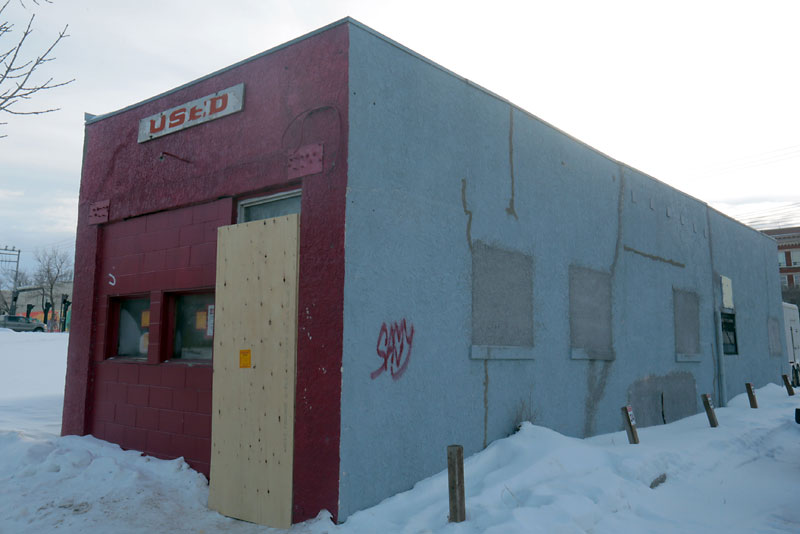
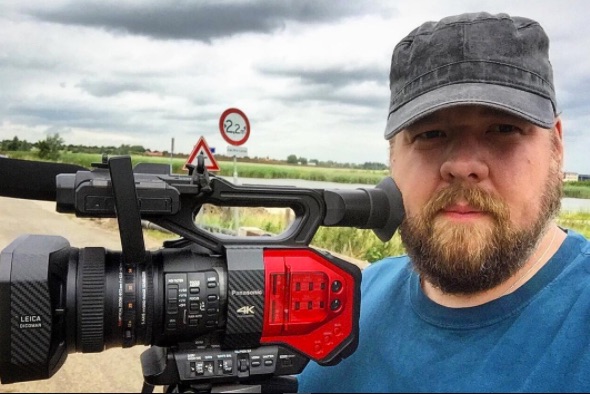
Social Profiles